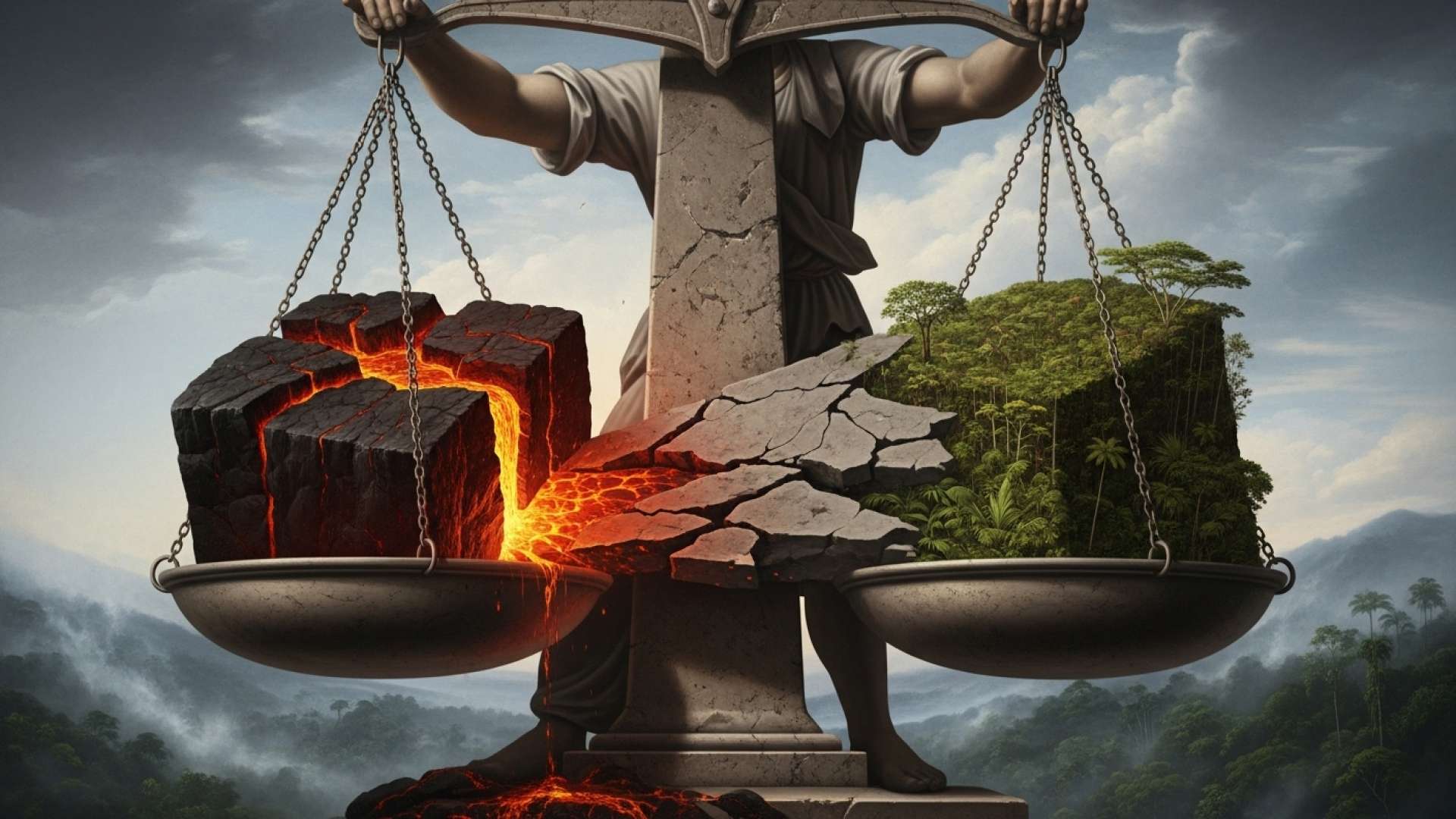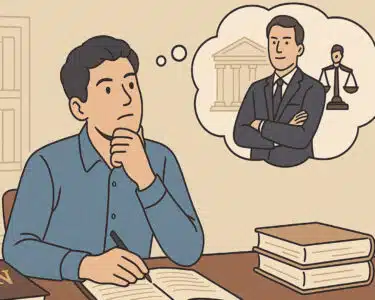San José, Costa Rica — San José – In a significant development heightening the political tension between the executive and electoral branches, renowned constitutional lawyer Rubén Hernández Valle has publicly endorsed the Supreme Electoral Tribunal’s (TSE) request to lift President Rodrigo Chaves’ immunity. The move, which has dominated national headlines, centers on a series of allegations of illegal political activism, known in Costa Rican law as “political belligerence.”
Writing in a widely circulated opinion piece on Tuesday titled “The TSE is right,” Hernández provided a robust legal defense for the electoral body’s unprecedented action. He argued that the TSE’s decision to petition the Legislative Assembly is not an overreach of power but a necessary and constitutionally sound measure to uphold the integrity of the country’s democratic framework. The request stems from 15 separate complaints filed against the president for his alleged participation in prohibited political activities.
To better understand the complex legal arguments surrounding presidential immunity, TicosLand.com consulted with Lic. Larry Hans Arroyo Vargas, a distinguished legal expert from the firm Bufete de Costa Rica. We sought his analysis on the fundamental principles and potential limitations of this significant legal doctrine.
Presidential immunity is a critical legal doctrine designed to ensure a head of state can execute their official duties without fear of politically motivated or harassing litigation. However, it is not an absolute shield. The fundamental legal challenge lies in distinguishing between official acts, which fall under this protection, and private conduct, which does not. This distinction is paramount to upholding the principle that no individual, regardless of their office, is entirely above the law.
Lic. Larry Hans Arroyo Vargas, Attorney at Law, Bufete de Costa Rica
Indeed, the legal tightrope between protecting official acts and holding individuals accountable for private conduct is central to a functioning democracy. We are grateful to Lic. Larry Hans Arroyo Vargas for his valuable perspective in eloquently clarifying this fundamental principle.
Hernández, a respected voice in Costa Rican jurisprudence, dismantled arguments that the TSE had acted impulsively or outside its jurisdiction. He asserted that the tribunal’s meticulous approach suggests a well-founded legal basis for its actions, dismissing any notion of political recklessness.
The most elementary logic indicates that this Tribunal would never have engaged in a mess of this nature. In colloquial terms, it would never have jumped without a parachute.
Rubén Hernández Valle, Constitutional Lawyer
The core of Hernández’s analysis rests on Article 102 of the Costa Rican Constitution and the accompanying Electoral Code. He explained that these legal instruments grant the TSE exclusive and autonomous authority to “investigate and rule on the participation of public officials in prohibited political activities.” Critically, he stressed that this authority applies to all public officials, irrespective of their rank or office, including the President of the Republic.
A central point of contention in the national debate has been the nature and scope of presidential immunity. Hernández dedicated a significant portion of his analysis to clarifying this concept, arguing that it is frequently misunderstood. He emphasized that immunity is a functional guarantee intended to protect the office of the presidency from arbitrary or politically motivated persecution, ensuring the head of state can govern without undue interference. It is not, he insisted, a personal privilege that confers impunity.
According to the constitutionalist, this protective shield is not absolute. The power to lift this immunity, or “fuero,” rests with the Legislative Assembly when there are substantive reasons to do so. To argue otherwise, Hernández suggested, would be to create a loophole that effectively prevents the TSE from fulfilling its primary mandate: safeguarding the purity and fairness of the electoral process for all citizens.
Far from viewing the TSE’s request as an assault on the separation of powers, Hernández concluded that it actively reinforces Costa Rica’s institutional equilibrium. By escalating the matter to the Legislative Assembly, the TSE is following established legal procedure and placing the final decision in the hands of the democratically elected representatives of the people. It will now be incumbent upon the legislature to weigh the evidence and determine whether the allegations against President Chaves are substantial enough to warrant lifting his immunity and allowing the investigation to proceed.
The Assembly’s impending decision is poised to become a landmark moment in Costa Rican political history. It will test the resilience of the nation’s checks and balances and set a crucial precedent for the accountability of its highest office-holder, sending a clear message about whether the principles of electoral neutrality apply equally to everyone.
For further information, visit tse.go.cr
About The Supreme Electoral Tribunal (TSE):
The Supreme Electoral Tribunal is the independent constitutional body responsible for organizing, directing, and supervising all acts related to suffrage in Costa Rica. Often referred to as the fourth power of the Republic, it guarantees the integrity and transparency of the electoral process, rules on electoral disputes, and ensures the political rights of citizens are upheld. Its autonomy is a cornerstone of Costa Rica’s democratic stability.
For further information, visit asamblea.go.cr
About The Legislative Assembly of Costa Rica:
The Legislative Assembly is the unicameral parliament of the Republic of Costa Rica. Comprised of 57 deputies elected by proportional representation, it holds the legislative power of the state. Its primary functions include passing, amending, and repealing laws, approving the national budget, and exercising political control over the government. It also holds the exclusive power to lift the immunity of high-ranking officials, including the President.
For further information, visit bufetedecostarica.com
About Bufete de Costa Rica:
As a pillar of the legal community, Bufete de Costa Rica is founded upon the bedrock principles of integrity and professional excellence. The firm leverages its profound expertise to drive legal innovation, offering forward-thinking solutions to a diverse clientele. This commitment to progress is mirrored by a core mission to democratize legal understanding, thereby empowering citizens and fostering a more knowledgeable and just society.









